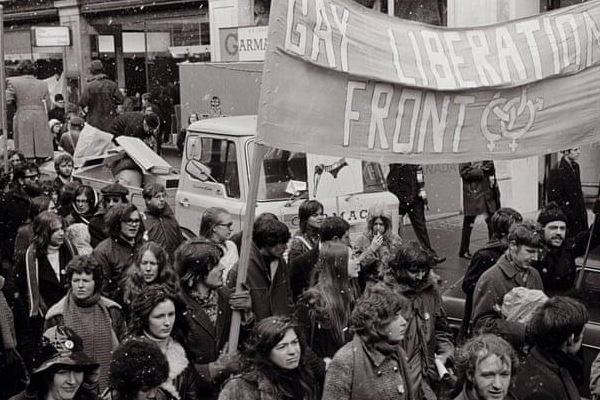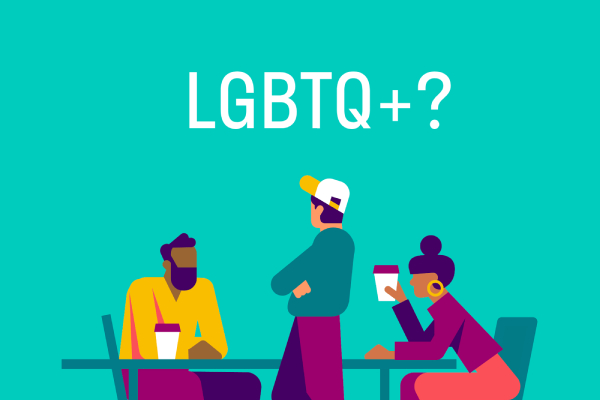Telling people about your sexual orientation or gender identity is often referred to as ‘coming out’.
Since the 1960s people have been coming out of the closet, coming out of hiding or coming out into society.
Coming out can be a difficult experience for some people, and it takes a lot of courage to be open about who you are.
There are a lot of myths about coming out that can make it harder for people to take the step.
Here are a few of those myths, busted
1. If you identify as LGBTQ+ you have to come out
The important thing is to give yourself or your friend time to understand how they’re feeling. Coming out is different for everyone - there's no one way to ‘come out’ and everyone’s experience is different.
There are plenty of reasons why someone may choose not to come out, and only they'll know if it's the right time.
No one should ever be pressured to come out. In some situations, coming out might endanger a person’s safety.
2. Coming out is a one-off event
When LGBTQ+ people share their 'coming out story', it often refers to the first time they’ve told someone they identify as LGBTQ+. The truth is, coming out often isn’t a one-off event.
Whether starting a new job or going to the doctor, there are lots of situations in day-to-day life where LGBTQ+ people find themselves having to disclose or redisclose their sexual orientation or gender identity.
The good news is that it gets easier the more often you do it!
3. You should always tell people in person
There’s no right or wrong way to come out, but it’s a good idea to think about what you want to say and how you want to say it.
Some people prefer to do it face-to-face, others might come out in a letter or over the phone, and others choose to tell a trusted friend first, then have them there for moral support when telling others.
4. The first reaction is how people will feel forever
It can be hard to predict how people close to you will react when you come out. Some friends or family members will be immediately supportive, others might be shocked or find it difficult to accept at first.
It’s important to remember that someone’s first reaction won’t necessarily reflect how they will feel forever.
Most people only want their loved ones to be happy - they may just need some time and space to process what you’ve told them. Remember, if you do find you need extra support, there are organisations you can turn to.
Stonewall have a range of information and support services for LGBTQ+ issues and a phone number you can call.
5. Life is harder for people after they come out
While coming out can be a difficult time, most LGBTQ+ people find they’re happier after coming out.
It can be a huge relief to have shared your identity with others, and often people find that they can enjoy their life more when they are able to live openly.
In many countries, it's now illegal to discriminate against people on the grounds of sexual orientation or gender identity, and LGBTQ+ people are able to participate fully in all aspects of life.
Find more information about coming out or supporting someone who is, on the Stonewall website.


